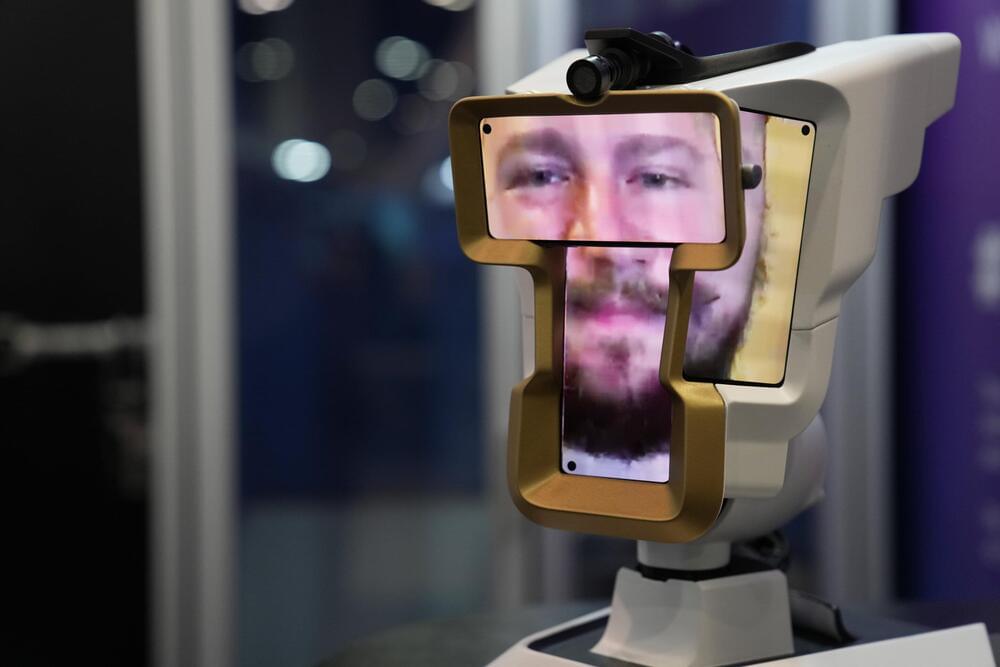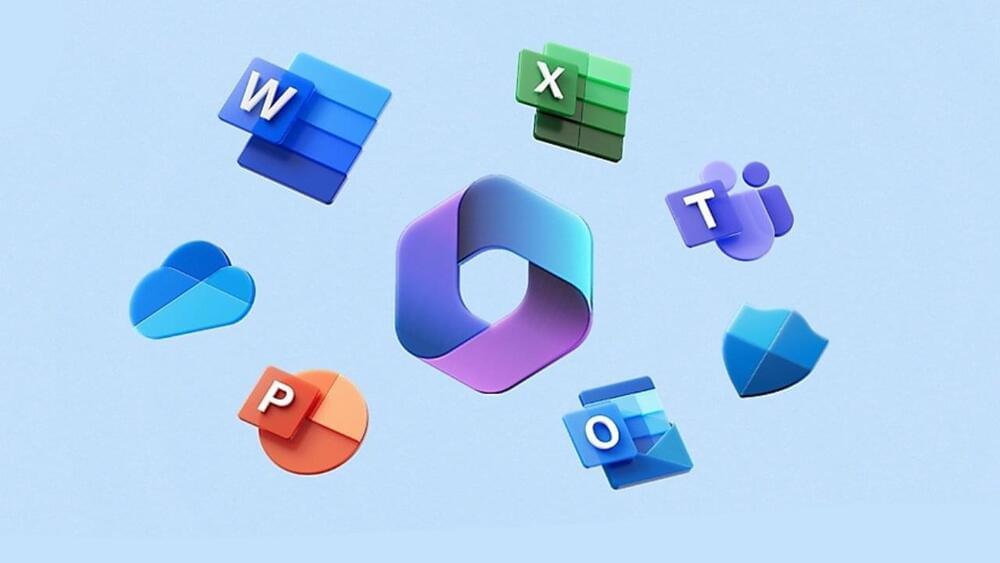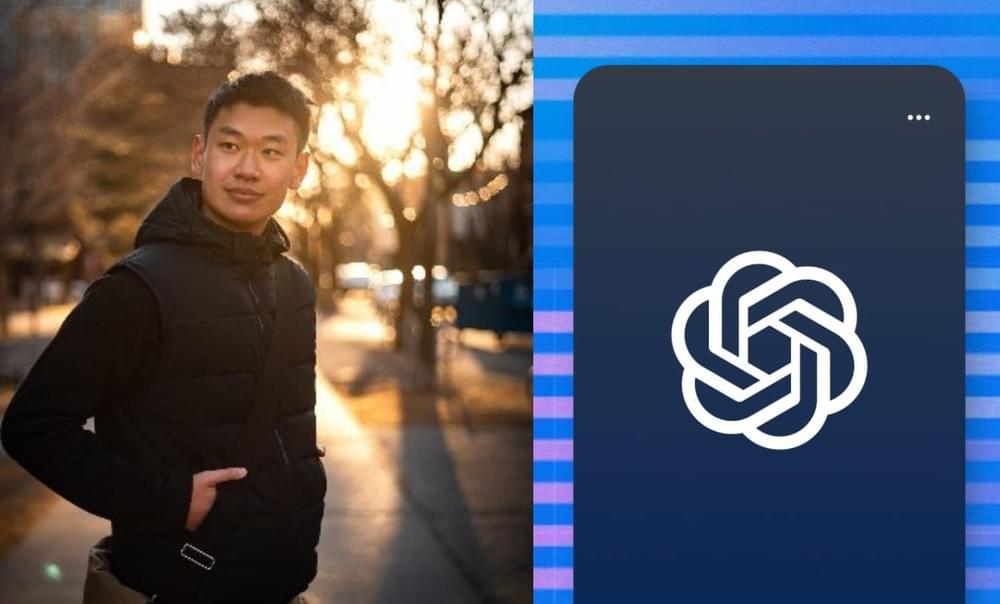Tech companies showed off their latest products this week at CES, formerly known as the Consumer Electronics Show.




Check out all the on-demand sessions from the Intelligent Security Summit here.
At their best, AI systems extend and augment the work we do, helping us to realize our goals. At their worst, they undermine them. We’ve all heard of high-profile instances of AI bias, like Amazon’s machine learning (ML) recruitment engine that discriminated against women or the racist results from Google Vision. These cases don’t just harm individuals; they work against their creators’ original intentions. Quite rightly, these examples attracted public outcry and, as a result, shaped perceptions of AI bias into something that is categorically bad and that we need to eliminate.
While most people agree on the need to build high-trust, fair AI systems, taking all bias out of AI is unrealistic. In fact, as the new wave of ML models go beyond the deterministic, they’re actively being designed with some level of subjectivity built in. Today’s most sophisticated systems are synthesizing inputs, contextualizing content and interpreting results. Rather than trying to eliminate bias entirely, organizations should seek to understand and measure subjectivity better.

Powered by data produced by its AI-driven discovery platform, clinical-stage biotech BioAge Labs is rapidly developing a pipeline of therapies to extend healthy lifespan by targeting the molecular causes of aging. Having raised more than $120 million in funding, and with multiple clinical trials already under its belt, the company is focused on building a broad pipeline of potential longevity therapies in three main areas: muscle, immune, and brain aging.
Longevity. Technology: There are few companies in the longevity biotech field that appear to be executing on their vision as quickly and consistently as BioAge. When the company wowed the sector with a $90 million funding round in 2020, talk of multiple imminent clinical trials may have sounded optimistic to some, but BioAge has delivered on its promise time and again. Beyond the trials already underway, the company’s much-vaunted AI discovery platform also appears to be churning out the data, this year spawning a new programme exploring the potential of NLRP3 inhibitors in brain aging. To learn more, we caught up with BioAge co-founder and CEO Kristen Fortney.
Looking back at 2022, Fortney says it has been “immensely gratifying” to see so many new companies and investors coming into the longevity field.


Microsoft may provide Office users a way to write text for projects, by incorporating AI technology from OpenAI into its apps.
AI has become more prevalent in creative fields over time, with tools like Stable Diffusion creating artworks from simple prompts. It now seems that Microsoft is considering using that same technology to help its customers put words on a page or a presentation.
According to a source with direct knowledge of Microsoft’s plans speaking to The Information, Microsoft wants to incorporate artificial intelligence created by OpenAI into Word, Outlook, Powerpoint, and other apps.
What is ChatGPT and what might it mean for higher education?
In this special Future Trends Forum session we’ll collectively explore this new technology. How does the chatbot work? How might it reshape academic writing? Does it herald an age of AI transforming society, or is it really BS?
Experts who joined us on stage includes Brent A. Anders, Rob Fentress, Philip Lingard, John Warner, Jess Stahl, and Anne Fensie.
The Future Trends Forum is a weekly discussion event created and hosted by Bryan Alexander. Since 2016 we have addressed the most powerful forces of change in academia. Each week, this video chat brings together practitioners in the field to share their most recent work and experience in education and technology. The intent of the Forum: to advance the discussion around the pressing issues at the crossroads of education and technology.
This event is powered by Shindig, the video chat event provider. On Shindig, audiences all can see one another and engage in private video chats sharing and discussing the content of the presentation. Event hosts may also bring selected audience members to the stage to ask questions or otherwise interact with guest speakers. Shindig; the dynamics of in person events, online.

In this video I discuss a new research paper which suggest a new way to cope with catastrophic forgetting in Artificial Intelligence.
#AI #NewResearch #newpaperpattern.
Links:
The Paper: https://journals.plos.org/ploscompbiol/article?id=10.1371/journal.pcbi.1010628
The Book: https://amzn.to/3jUZs1d.
The Rocket: https://amzn.to/3GkrgDt.
Support me on Patreon: https://www.patreon.com/AnastasiInTech.
My Newsletter: https://anastasiintech.substack.com

An app developed by a Princeton University student helps determine if a text is written by a human or by the artificial intelligence tool ChatGPT.
Edward Tian, a senior cs major, stated in a tweet that his algorithm, GPTZero, can “quickly, efficiently detect whether an essay or article or any text is written by ChatGPT or human.” You can download the beta version of this app here.
ChatGPT is gaining popularity for its ability to generate coherent essays on any topic in seconds. Investors are interested in the technology, according to Wall Street Journal. OpenAI parent company could soon attract investment valued at $29 billion.